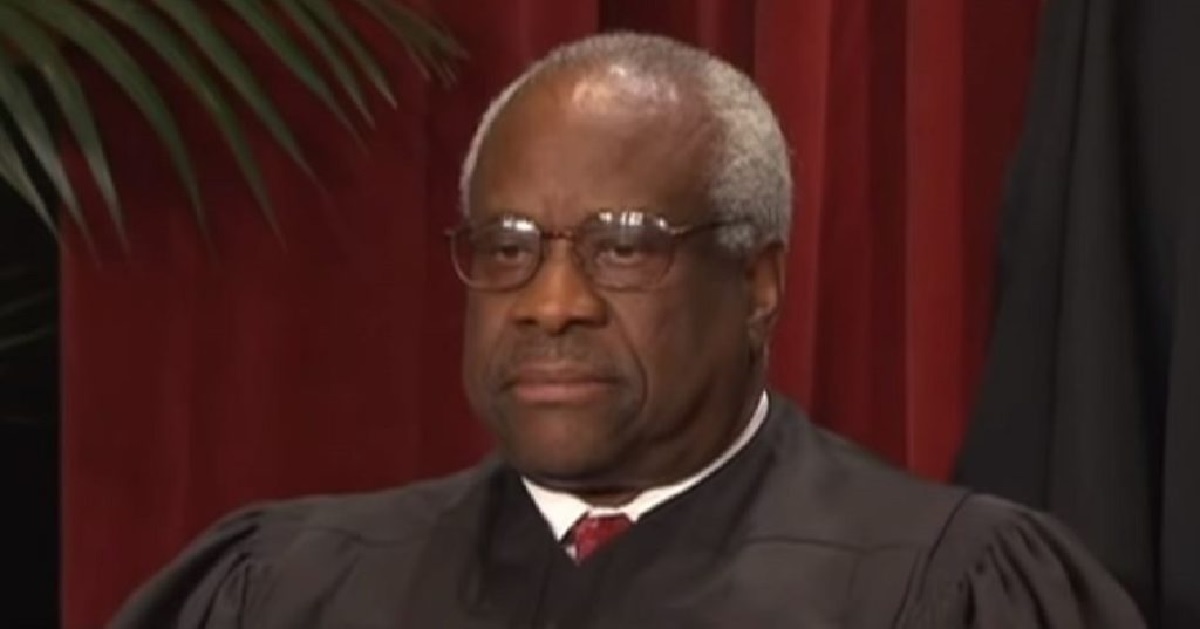Texas attorney general sues to oust 13 House Democrats
Texas Attorney General Ken Paxton has filed a lawsuit aiming to unseat 13 Democratic state lawmakers who traveled out of state to halt a Republican legislative initiative on redistricting.
The suit marks the latest effort by Texas Republicans to hold absentee Democrats accountable after they left the state to prevent a quorum in the House, stalling a congressional redistricting vote.
The lawsuit, submitted Friday to the Texas Supreme Court, seeks to formally declare the seats of the 13 Democrats vacant. Paxton announced the filing on X, the social media platform formerly known as Twitter, calling the lawmakers "runaways."
The targeted Democrats were among more than 50 who left Texas on Monday to block a vote on a GOP-backed proposal to redraw congressional districts. However, Paxton's legal filing only names 13 specific representatives.
Those named in the lawsuit include Reps. Ron Reynolds, Vikki Goodwin, Gina Hinojosa, James Talarico, Lulu Flores, Mihaela Plesa, Suleman Lalani, Chris Turner, Ana-Maria Ramos, Jessica Gonzalez, John Bucy III, Gene Wu, and Christina Morales.
Paxton Claims Lawmakers Forfeited Seats
According to the lawsuit, the Democratic lawmakers have failed to perform their constitutional duties and ignored valid arrest warrants issued to return them to the Capitol. The suit argues their actions show an intent to abandon their public offices.
In a statement accompanying the suit, Paxton's office wrote that when lawmakers intentionally violate legislative responsibilities and actively prevent the Legislature from functioning, they essentially forfeit their right to hold office under state law.
Paxton emphasized this in his public remarks, declaring that his office would "seek judicial relief" to officially confirm that the lawmakers' jobs should be considered vacant. He added that their absence had "sabotaged the constitutional process."
Governor and National Figures Join the Debate
The dispute gained further traction when Governor Greg Abbott voiced support for legal consequences, reiterating earlier threats to have the Democrats brought back to the Capitol by law enforcement. Abbott previously warned that absent lawmakers could be arrested upon returning to Texas.
The political reach of the standoff has also extended to the federal level. U.S. Senator John Cornyn, who is competing with Paxton in the Republican primary, sent a letter Tuesday to FBI Director Kash Patel about the ongoing dispute.
In the letter, Cornyn urged federal authorities to take "any appropriate steps" to assist law enforcement in locating the lawmakers. He argued that finding the legislators was necessary to restore quorum and continue Texas House proceedings.
Broader Implications for Texas Politics
The current legal maneuver marks the latest in a series of efforts by Texas officials to reassert control over the state Legislature following the Democrats’ strategic departure. A quorum requires two-thirds of members to be present, meaning that the absence of dozens of Democrats brought the House to a halt.
Republican leaders view the walkout as a derailment of legislative operations at a critical time for redrawing congressional boundaries. Redistricting typically occurs every ten years and can shape political power for the decade to follow.
Democrats have defended their departure as a necessary measure to oppose what they see as unfair redistricting proposals. Paxton, however, contends that fleeing the state constitutes a dereliction of duty, warranting the court's intervention.
Unprecedented Legal Tactics
In a post on X, Paxton described the lawsuit as "historic," stating that it addresses an "out-of-state rebellion" he believes threatens the rule of law. He framed the action as essential for the integrity of state governance.
"These cowards deliberately sabotaged the constitutional process," he wrote, arguing that action must be taken so that “the business of Texas must go on.”
Supporters of Paxton’s legal challenge say the decision to vacate positions could serve as a precedent to prevent similar political strategies in the future. Critics argue that removing elected lawmakers over political disagreements undermines democratic representation.
Next Steps in the Legal Process
The Texas Supreme Court has not yet indicated whether it will hear the case. If the court agrees to consider the filing, it could set a new precedent for how absent lawmakers are treated under state law.
Legal experts anticipate that the process may generate further political debate and court challenges. The complex intersection of legislative rules, constitutional law, and electoral rights is likely to keep the dispute in headlines for weeks to come.
For now, the state’s legislative process remains stalled due to the continued absence of House Democrats. As pressure grows from Republican officials, the return of the lawmakers—or the court's ruling on their fate—may soon determine the path forward.






